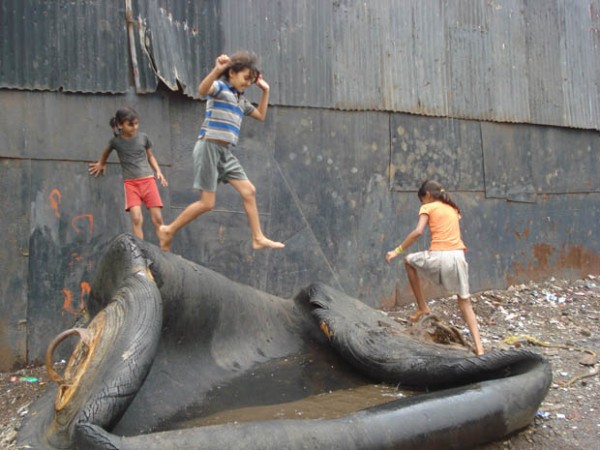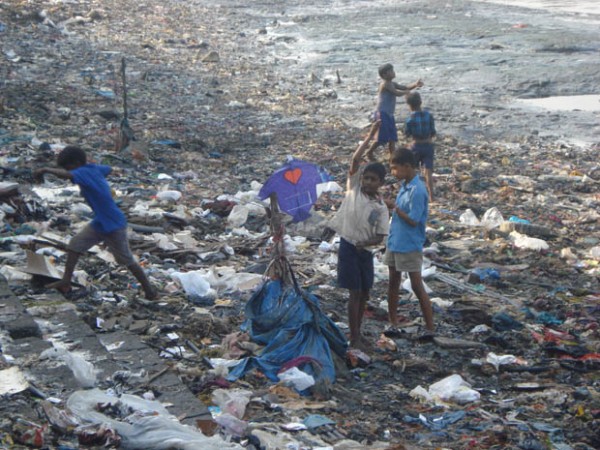Environmental Health

In 2009, former HSPH student Adriane Lesser spearheaded an initial investigation of environmental aspects of health in Kaula Bandar. Adriane wrote up this research into a very successful HSPH Master of Science thesis. The following is the abstract of Adriane’s thesis:
Urbanization in developing countries is not a homogeneous process: It produces neighborhoods with the full range of modern amenities juxtaposed with squalid slum settlements devoid of formal water and sanitation services. Academics and policymakers alike often view environmental management in slums from a top-down perspective. This can cause current practices to be at odds with slum dwellers’ own perceptions about measures that are needed to improve conditions. Yet the perspectives of slum dwellers themselves form an indispensable lens for understanding the distinct challenges and keys to improving slum environments. In a departure from mainstream literature and practices, the thesis applies this lens to the environmental determinants of health experienced in the Kaula Bandar slum community, situated within the context of Mumbai and urban India more generally. The use of mixed methods and data sources demonstrates the added value of a more participatory role for slum communities in the management of their local environments. Ultimately, assessing the added value of community-based approaches to urban management is necessary but insufficient; research and advocacy must also address how to improve upon and integrate successful models into local, state, federal, and global governance structures. The imperative for this work is essential: As the percentage of developing country populations living in urban and slum areas continues to grow, improving governance in the urban built environment will be key to achieving a healthy and sustainable global future.
